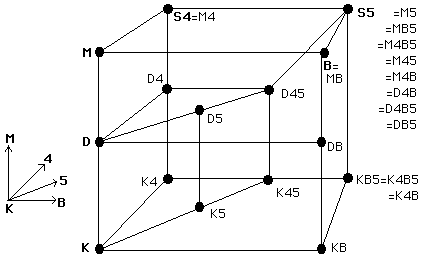Here's an argument that was recently presented to me...
Assume 4 dimensionalism. Consider the time-worm Dyck. Let A be the individual corresponding to Dyck from conception to death. Let B be the individual corresponding to Dyck from conception to 5 minutes before his death. Here's the argument:
1) []~(A=B)
2) Dyck could have died 5 minutes before he actually died
3) if (2) then (4)
4) <>(A and B share all their parts)
5) If (4) then (6)
6) <>(A=B)
7) ~[]~(A=B)
8) (1)&(7) contradiction
I'm not sure I understand the argument quite right, because it seems like one could easily deny (5) (if they're any sort of hecceatist). Also it seems like you could run a spatial argument in a similar way. Let A be Dyck, and B be the parts of Dyck vital to survival. Let (2) be "everything not vital to Dyck's survival could have been amputated". Anyway, I'm confused as to how this is supposed to work, I'm sure I don't have the best formulation of the argument.
Friday, August 3, 2007
Subscribe to:
Post Comments (Atom)

1 comment:
You could also make Chris's favourite move and deny (1). And explain that denial with counterpart theory.
Or, you could just deny (5), as you said and say that in the world where (4) is true, A and B are coincident, but not identical.
Post a Comment